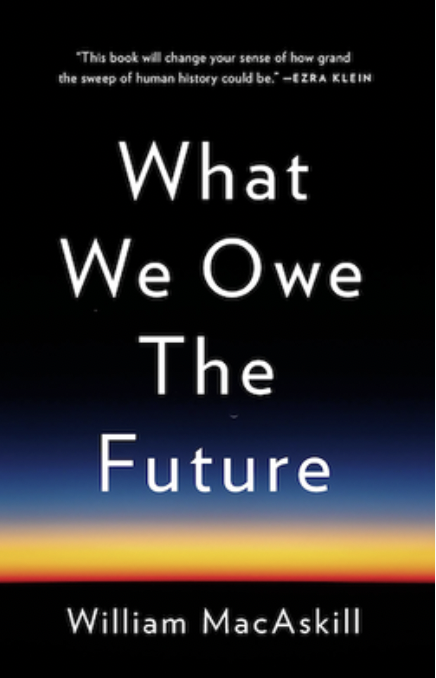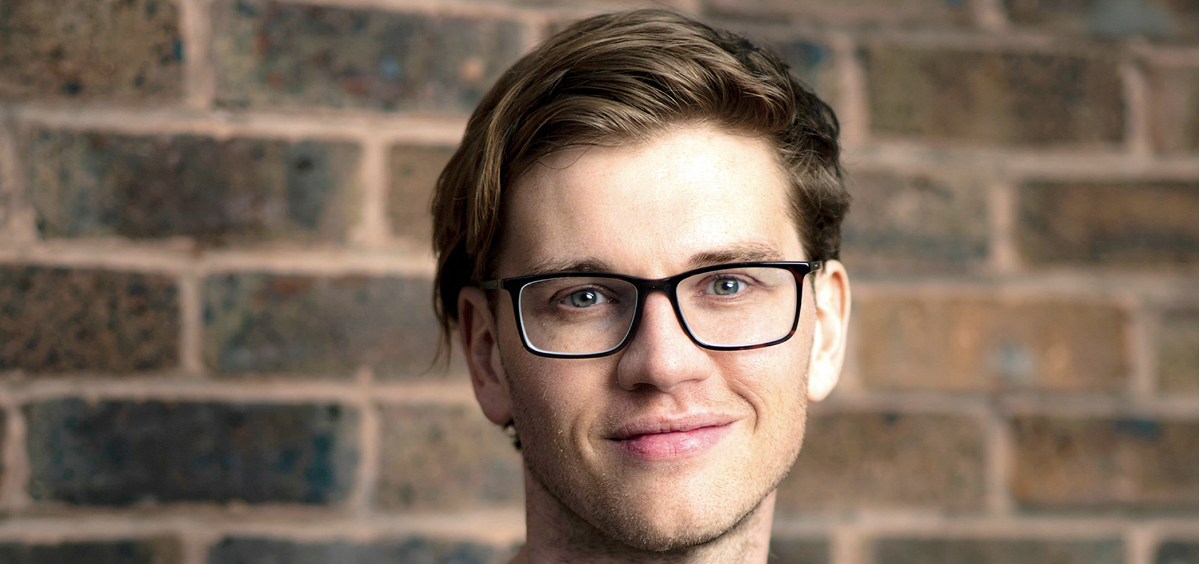
Our future obligations


The fate of the world is in our hands and one has to identify what is important to us, by a method of isolation, as Humanity’s written history spans only five thousand years. Our unwritten future could last for millions more – or it could end tomorrow. Astonishing numbers of people could lead lives of great happiness or unimaginable suffering or never live at all depending on what we choose to do today.
Oxford University, Philosopher William MacAskill, in What We Owe the Future, delivers a visionary, persuasive argument for long-termism, the idea that positively influencing the distant future is a key moral priority of our time. So, it is not enough to reverse climate change or avert the next pandemic. We must ensure that civilization would rebound if it collapsed, counter the end of moral progress, and prepare for a planet where the smartest beings are digital, not human.
After realizing that what is pocket change to him might save a life in Somalia or Afghanistan, he gives much of his money away and became a figurehead for the “effective altruism” movement, which aims to identify the very best charitable causes and ensure they are well funded. The philosophy changed his life and he hopes it will change yours.
Having taken the moral value of animals, and of the very poor who live away from us, he argues that there is another group whose interests we must consider: those who have not yet been born. The future people may dramatically outnumber us. If the planet sustains 10bn people for another 2, 000 years, then the cumulative future population will be about 20 times larger than the current one. If the human race lasts beyond that, future people will outnumber by 10, 000 to one or more, unless we don’t wipe ourselves out.
The past century has seen unprecedented economic growth and globalization of culture. If humans colonise the stars, instant communication between colonies will be impossible. Given the choice between immediate pleasure and the same pleasure 10 years hence, most people feel that sooner is better. We pay a premium for that preference.
Are we morally obliged to live at subsistence levels to maximize the resources available for investment and research so our great-great-great grandchildren will thrive?
William MacAskill never stops believing that moral thinking matters.
William MacAskill never quite says a future would be a bad thing, “Even if super intelligent AI were to kill us all, civilization would not come to an end. Our artificial successors might or might not be conscious – but there would still be a technological civilization just wholly implemented in machines instead of brains”. So long as the AI has good values, the kind that allows it to grow and change and make new discoveries for as long as possible, why trouble us over a side concern such as the absence of conscious experience?
What We Owe the Future: A Million Year View by William MacAskill, One World Publications £20, 352 pages.
